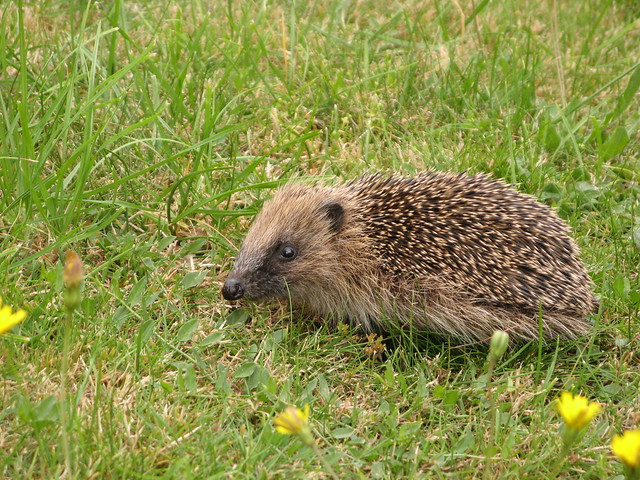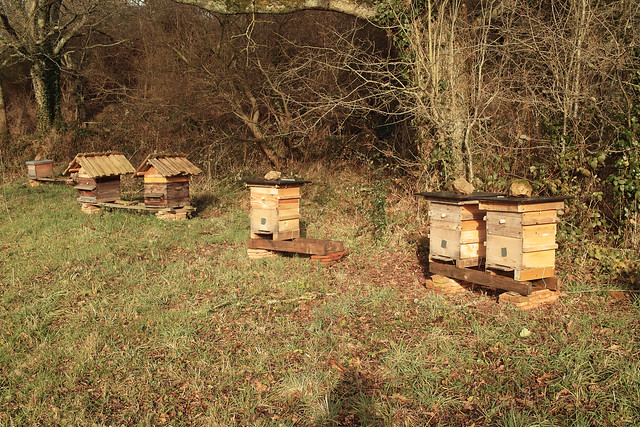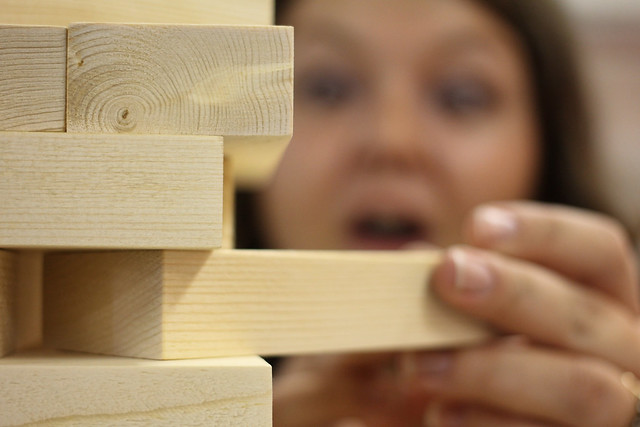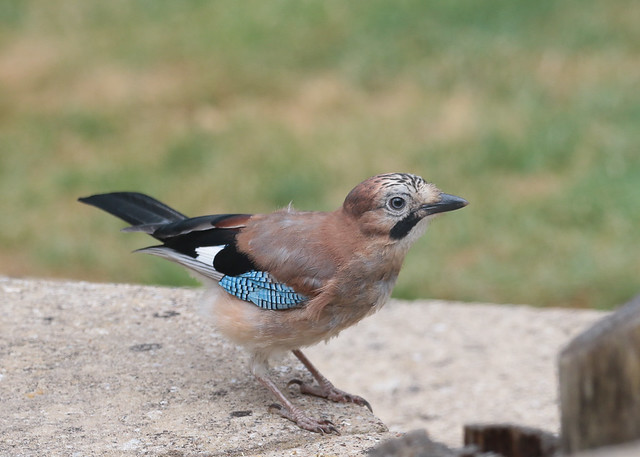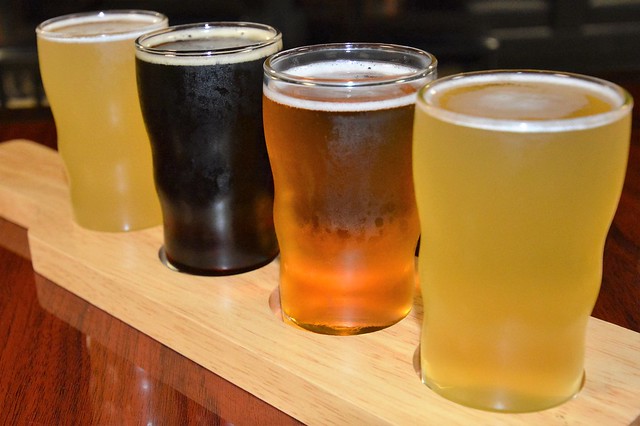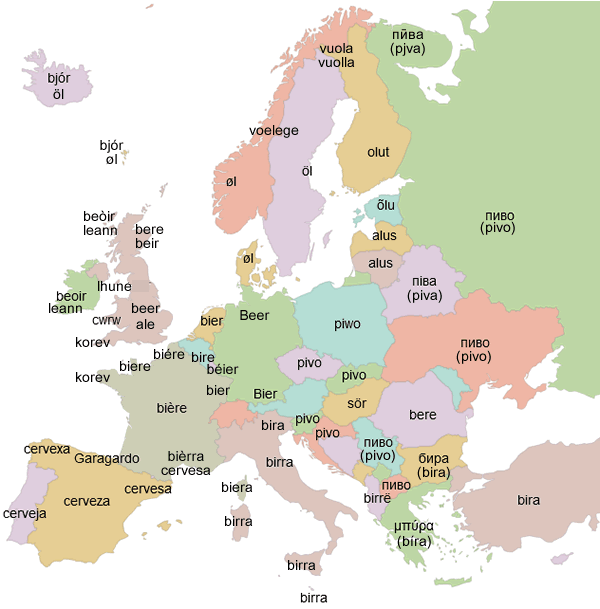If I described someone as “keeping a hedgehog in their pocket”, what do you think I meant?
Well, the Welsh idiom “Mae e’n cadw draenog yn ei boced”, which literally translates as “he keeps a hedgehog in his pocket”, means that he is stingy or tight with his money [source].
There are many ways to say that someone is averse to spending money in English, including: frugal, miserly, thrifty, cheap, close-fisted, economical, ironfisted, mean, parsimonious, pennywise, tightfisted [source] or to have deep pockets and short arms.
Other ways to say someone is careful with their money in Welsh include:
- crintach = mean, tight-fisted, miserly
- crintachlyd = miserly, mean
- cybyddlyd = miserly, covetous
- cynnil = thrifty, frugal, sparing, economical, parsimonious
- darbodol = provident, thrifty, provisional
- darbodus = provident, thrifty, careful; heedful, considerate; wary, cautious, prudent, sagacious
- diwastraff = without waste or extravagance, without expending needlessly or carelessly, thrifty, economical, effective; concise, laconic
- fforddiol = sparing, economical, thrifty; cunning, deceitful
- llawgaead = close-fisted, parsimonious, stingy, niggardly, miserly, mean
- rhadus = gracious; generous; cheap, good value, economical, useful, thrifty
Sources: Geiriadur yr Academi, Geiriadur Prifysgol Cymru
In French a miserly person is said to “avoir des oursins dans le porte-monnaie / la poche” (to have sea urchins in the wallet / purse / pocket) [source].
Do you know any other interesting idioms with a similar meaning?
You could say that I usually keep a hedgehog in my pocket (idiomatically, not literally), as I do tend to be careful with my money. At the moment I’m spending quite a bit on the studio that’s being built in my garden, and I can do this because I have savings I can dip into. The walls are now more or less finished and the roof will be installed this weekend. Parts for the roof include planks up to 6m long, with were quite a challenge to get through the house into the garden.
